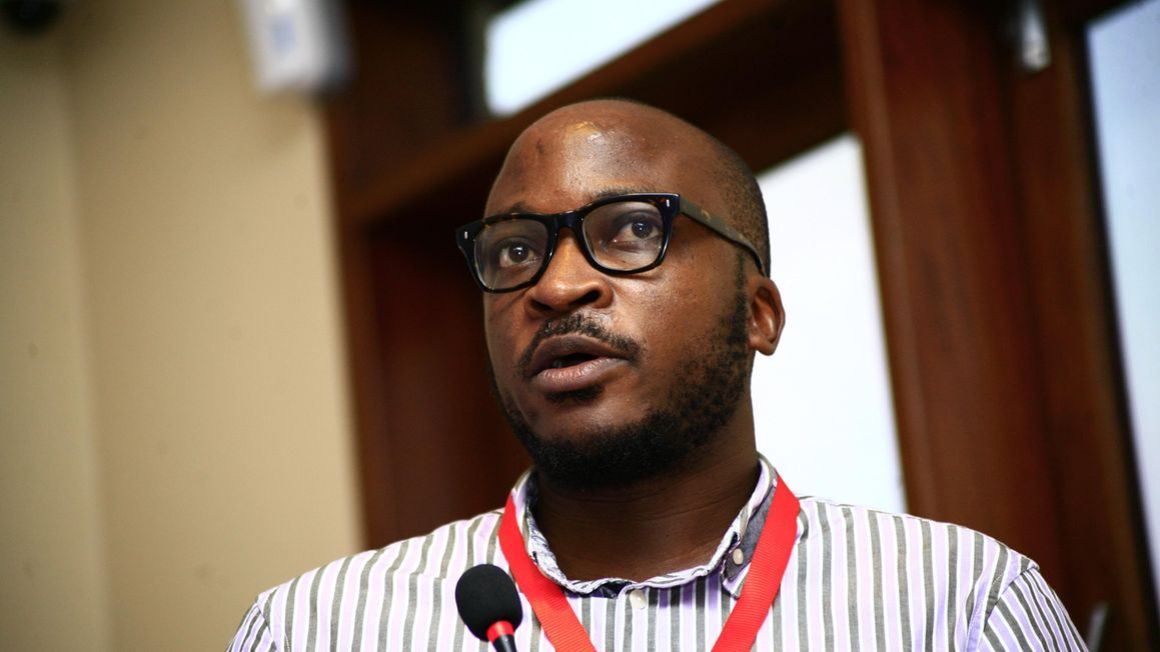Prime
We have planted the seeds of revolt, time to harvest the grapes of wrath

Daniel K. Kalinaki
What you need to know:
- Unshackled from parasitic parastatal practices, the economy lurched forward while political reforms, including the 1995 Constitution, promised that the best and the brightest would rise if they were willing to work hard. But it wasn’t to be.
About 10 years ago, Peter Turchin, a scientist at the University of Connecticut, predicted a decade of political instability over the following decade in Western Europe and the United States. His argument, made in the journal Nature, was that one underlying source of this instability was the “overproduction of young graduates with advanced degrees.”
Looking back now to the meteoric rise of Donald Trump and Trumpism, Brexit, and the resurgence of nationalist protest movements elsewhere, Turchin was onto something. The “overproduction of elites” and the inability to meet their demands has been at the heart of revolutionary fervour for centuries. It is as true then as it is now.
In trying to understand and explain the protest vote against the NRM regime across central Uganda many, including the incumbent, have clutched at convenient straws, attributing it to sectarianism. This is a self-serving strawman argument. Those interested in using facts to seek the truth might want to follow the empirical argument around the overproduction of elites.
It is a long and complex argument, but let’s try to condense it here. The wave of liberalisation three decades ago was meant to jumpstart society and reset it to allow competition in the economy and politics. The pain of structural adjustment was meant to be the fire that renews, rather than destroys the forest. Among others, the reforms also opened up higher education. A university degree, which had previously been the entry ticket into the elite arena, became commoditised first as Makerere took in anyone with the money, and then as newer universities mushroomed across the country.
Unshackled from parasitic parastatal practices, the economy lurched forward while political reforms, including the 1995 Constitution, promised that the best and the brightest would rise if they were willing to work hard. But it wasn’t to be. The economic surplus from the impressive growth was largely created, appropriated and extracted by foreign capital. Natives were participants in the economy, but hardly contestants. This problem could have been addressed somewhat by enlightened administration and an accountable political system. However, the political side of the equation was soon reduced in ambition. The strategic objective was narrowed down to the maintenance of the status quo while tactically this came down to violence, bribery, gerrymandering and bastardisation.
A generation of Ugandans saw their parents dehumanised and humiliated by the rough edges of structural adjustment. They were told these were teething pains and if they met their end of the bargain – often buying the ticket of elite entry in the form of a university degree – they could do better. This generation has now grown up to realise that the university degrees were mostly a waste of time and money. The door to economic ownership is locked from the inside by foreign capital and guarded on the outside by its local commission agents masquerading as State agents. The social safety nets are long gone. There is no affordable public transport. Public schools are dead. Many private schools charge top dollar for low quality outcomes.
Health and education have been commoditised and appropriated by the same voracious petty bourgeoise askaris for foreign capital. Even middle-class families are one medical emergency away from selling their primary residences. Beyond suburbia, in greater Kampala young men and women tend gardens and deliver take-out by boda boda to mansions built on what once were family tracts of land. They see opulence around them, but they are participants, not contestants. The socio-economic changes over the last three decades were always going to create winners and losers. A competent and accountable government would have used some of the surplus to raise all boats by, at least, improving social services.
Instead, we have produced too many elites and not enough jobs or economic opportunities. Primitive accumulation of wealth has created a small class that has too much and masses that have nothing. This small class makes sure there is little or no upward mobility, kicking away the ladder at every turn or swooping in like eagles to grab whatever opportunities somehow materialise among the unwashed masses. Those who once read Karl Marx should spend less time listening to Bebe Cool and more time reading Turchin.
The funny thing is that this is exactly how this was always going to pan out. The natives were always going to rise up against their rulers. Foreign capital, which abhors instability, was always going to interview younger managers for its trading outposts. We have planted the seeds of revolt. It is about time to harvest the grapes of wrath.
Mr Kalinaki is a journalist and poor man’s freedom fighter.
[email protected] @Kalinaki




